Army Chief General Upendra Dwivedi has underscored the power of narrative in modern warfare, mocking Pakistan’s claim of victory after the recent conflict. Speaking at IIT Madras, he said, “Victory is in the mind.” He noted how Pakistan convinced its public of a win by promoting Army chief Asim Munir to Field Marshal, adding wryly, “If you ask a Pakistani whether they lost or won, they’ll say—our chief became Field Marshal, so we must have won.”
Gen Dwivedi stressed the Indian forces’ focus on strategic messaging during Operation Sindoor, using social media and press briefings to shape perceptions globally. The “Justice Done” slogan became a viral symbol, crafted by a Lieutenant Colonel and an NCO, with two women officers fronting high-impact press conferences.
He described the operation as an intelligence-led, “grey zone” engagement—akin to a chess match where each side made unpredictable moves. At times, India delivered a checkmate; at others, it took calculated risks, even at potential cost.
A key factor, the COAS emphasised, was the political will that empowered the forces. On April 23, a day after the Pahalgam massacre—where Pakistan-linked terrorists killed 26 tourists in Jammu and Kashmir—Defence Minister Rajnath Singh told the service chiefs, “Enough is enough.” All three chiefs were given a free hand to plan and execute the response.
Operation Sindoor saw coordinated strikes on May 7, with Indian forces hitting nine terror camps deep inside Pakistan and Pakistan-Occupied Kashmir, eliminating over 100 terrorists. This was followed by Operation Mahadev, which hunted down three terrorists directly involved in the Pahalgam killings.
Calling it a doctrinal shift, Gen Dwivedi said the campaign combined precision military action with a robust narrative strategy, influencing domestic, adversary, and neutral audiences alike—proving that in the modern battlefield, perception can be as decisive as firepower.







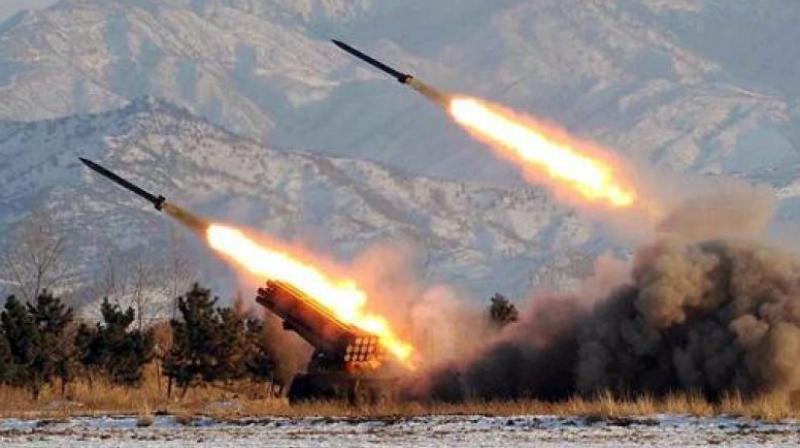
 OpinionExpress.In
OpinionExpress.In

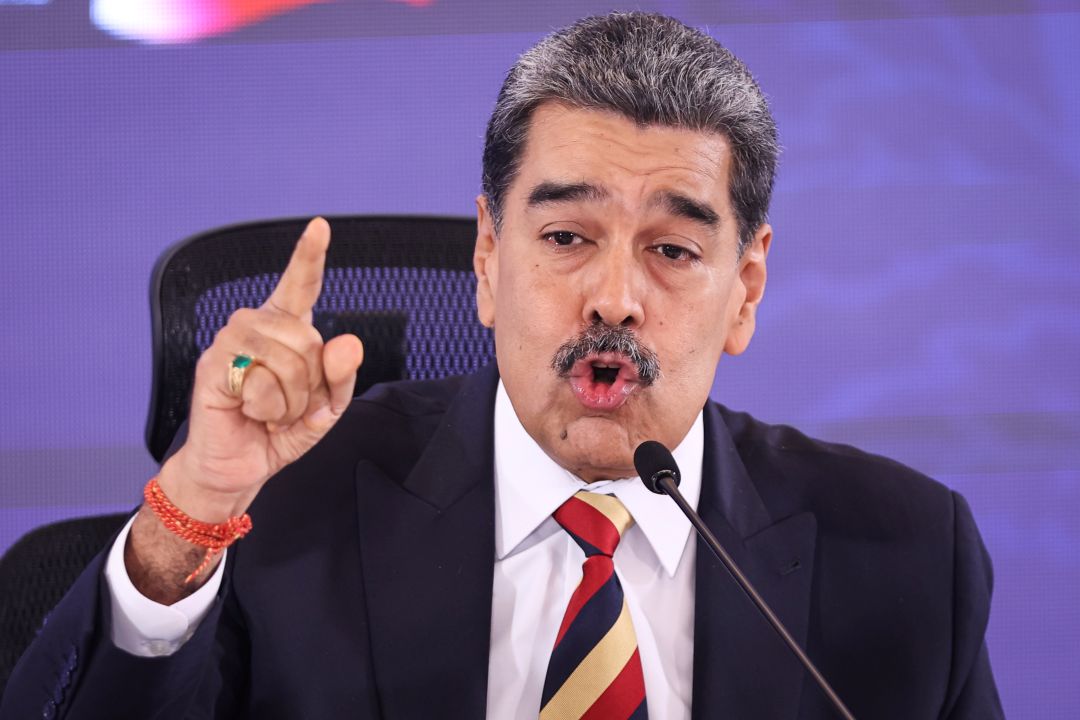

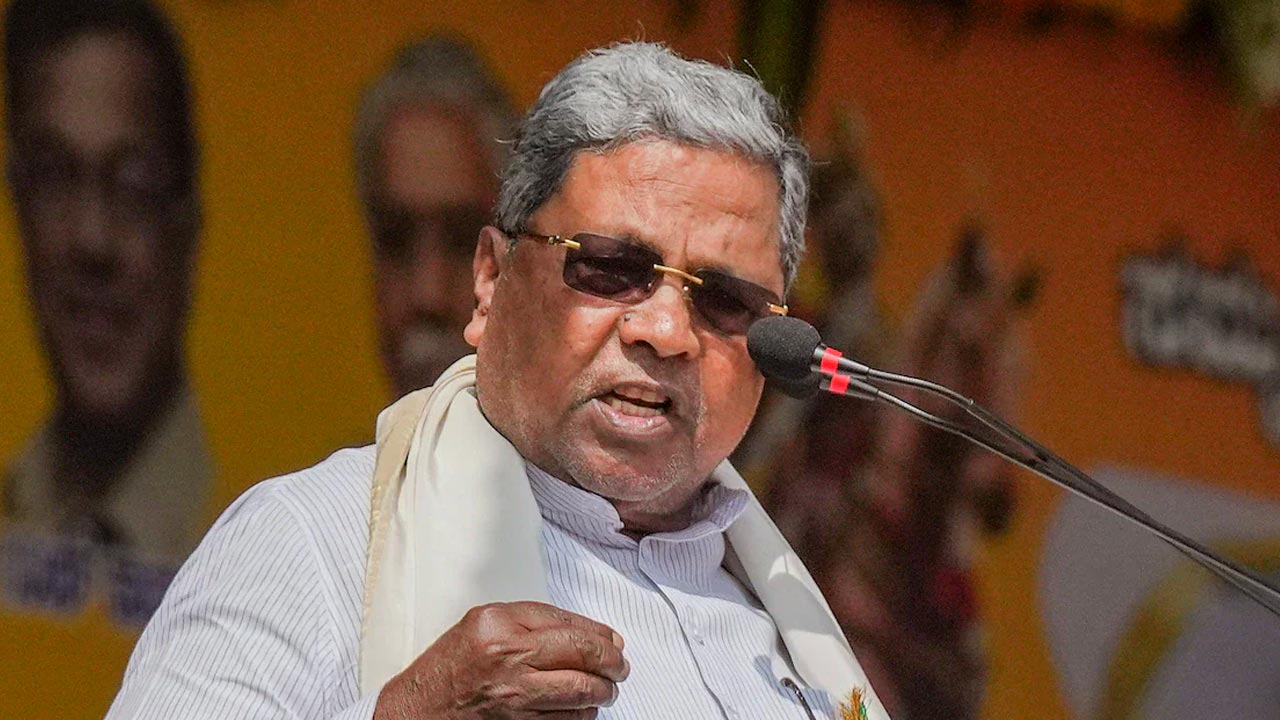
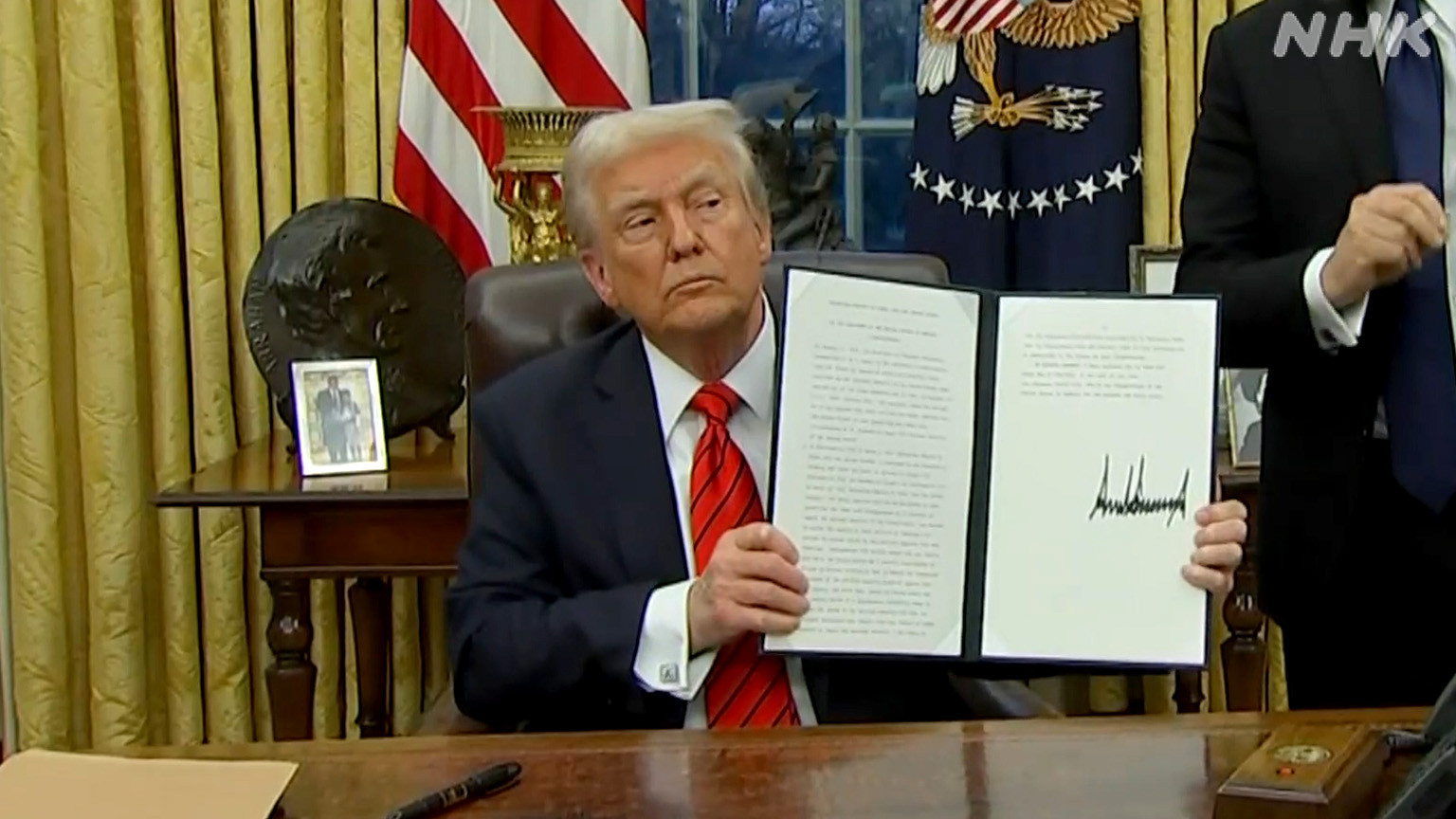
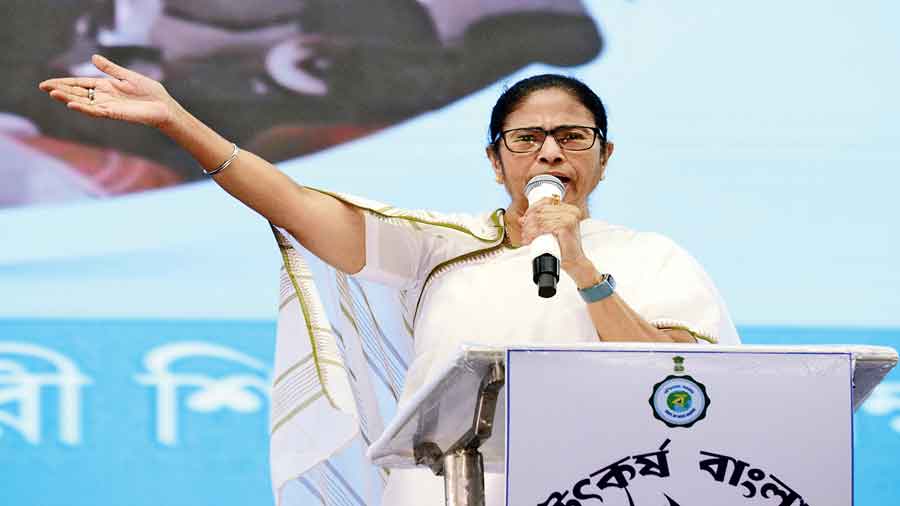
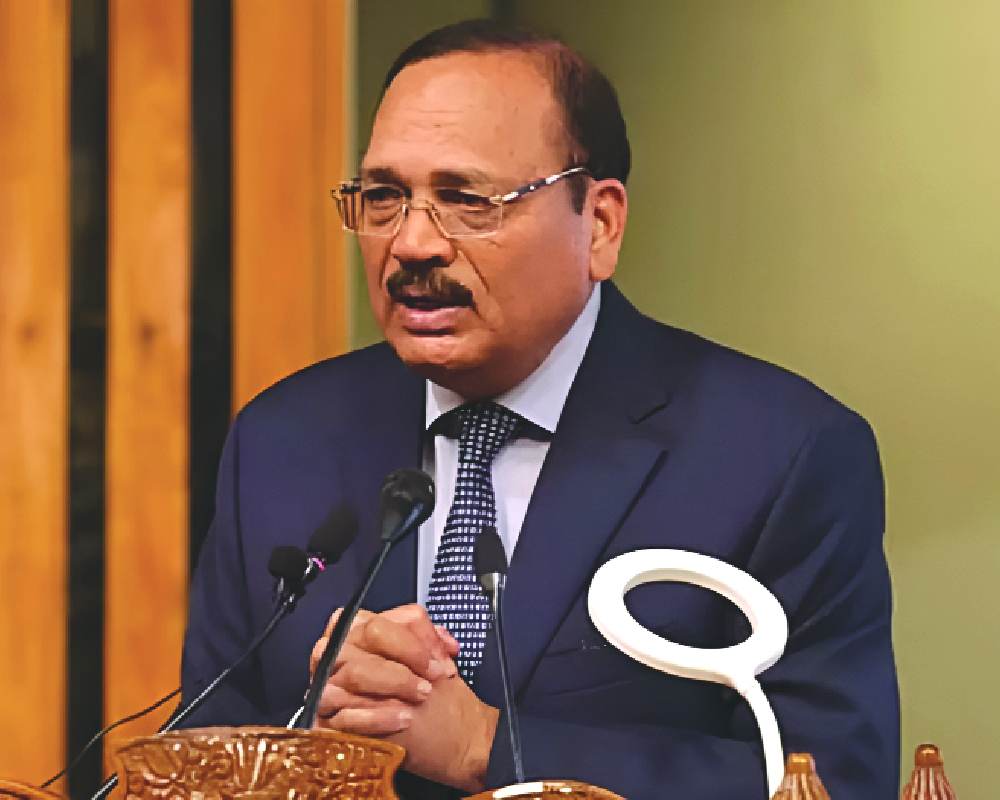
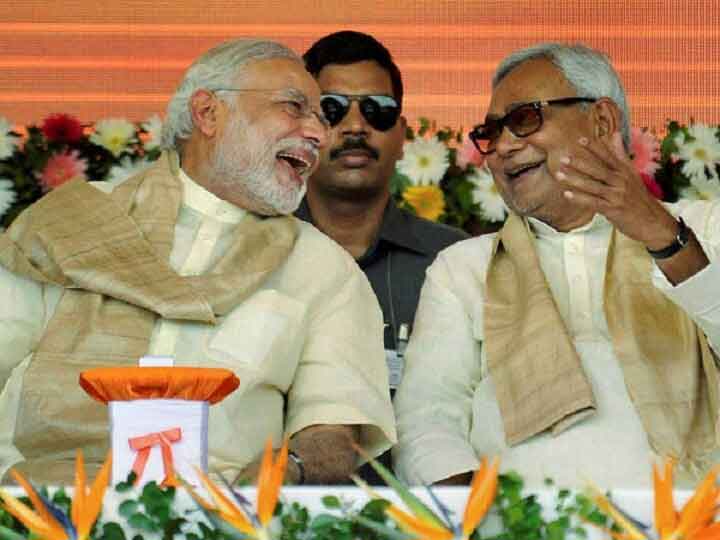







Comments (0)